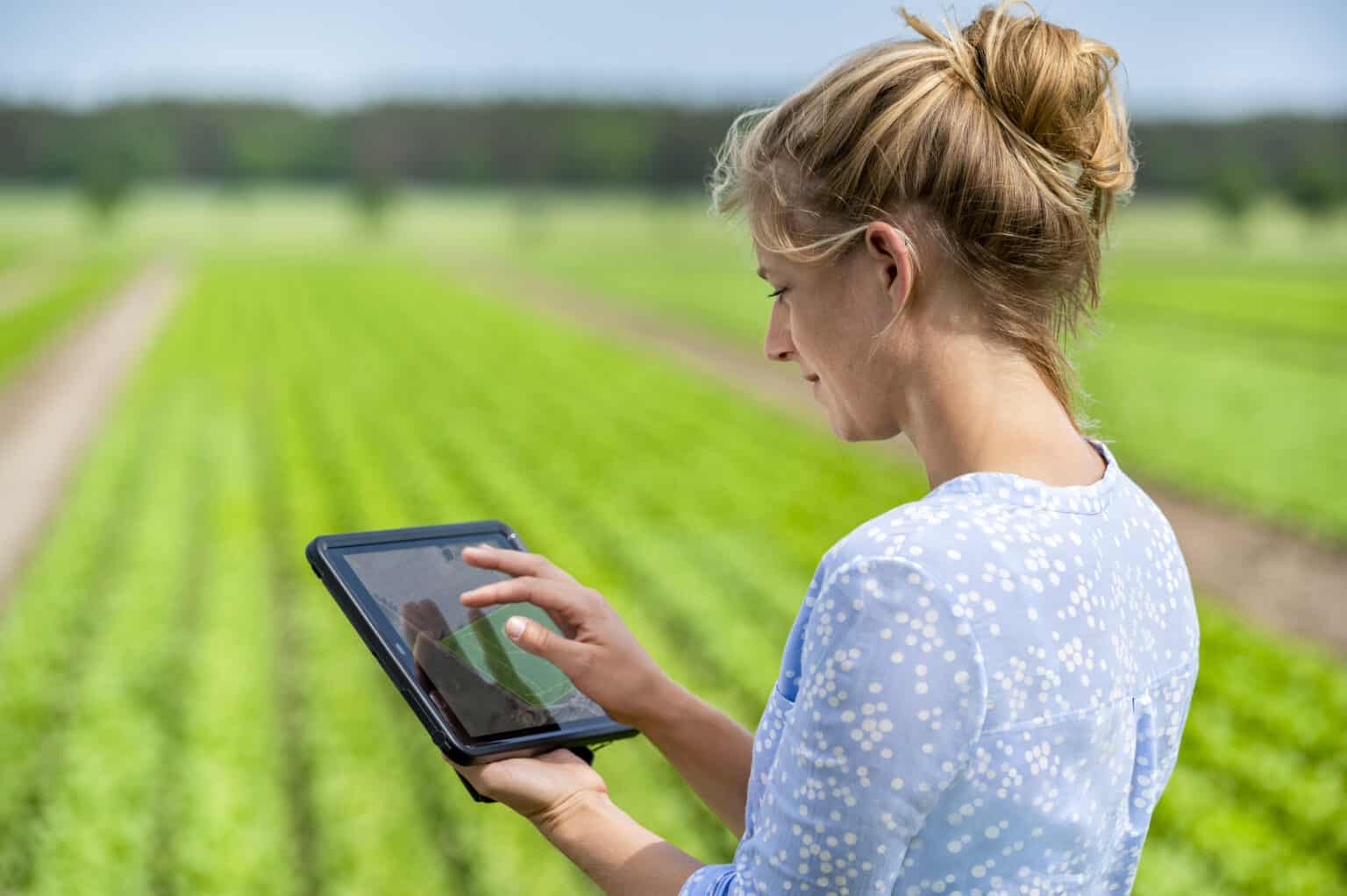The Rewards of Vegetable Gardening
You should look at making a home vegetable garden if you like to have fresh produces from the spring and summer. Growing a vegetable garden is a fun and healthy hobby that you can excel at.

While gardening, you might find that your troubles and stresses throughout the day simply float away. Home vegetable gardening relieves stress and allows you to be out in the sunshine. Vegetable gardening is shown to lower blood pressure levels and clear the mind. Also, the act of nurturing plants and watching them grow is reasonably soothing. And it will look great too!
The Benefits of Organic Gardening
One great element of home vegetable gardening is it fails to require a bunch of chemicals. Therefore, home vegetable gardening lets you have more natural, juicy, and healthier vegetables that are also better for the environment. Using plenty of chemicals on vegetables is not only unhealthy for you, but also has a large toll in the environment. Growing your personal vegetable garden and using less chemicals yields natural food.
Organic vegetables are usually the very best-tasting simply because they will not be picked until these are completely ripe and you are prepared to pick out them. It will save you money. That’s yet another pro of growing your own organic vegetable garden. As an alternative to buying all of your organic vegetables at the shop, you will get your own collection of vegetables available without notice them.
Anyone can create a home vegetable garden. You may create a backyard vegetable garden from the solid ground, as long as you have dirt somewhere. Even when you don’t have got a plot of dirt, you can get several pots and make up a container garden.
Vegetable Gardening on Solid Ground
Should keep in mind these simple thoughts, before starting your vegetable garden: , and soil.size and location
First, of, we’ll discuss the place. You need to plot your backyard in an area with plenty shade and sufficient drainage. You must nurture your plants by putting them in a place that receives about 6 hours of sunlight on a daily basis. The normal is six hours a day, though every plant is distinct and requires an alternative volume of light.
Therefore, will not plot your backyard in the shady place! Also, be sure that your garden has adequate draining. Water will flood your plants during the wet season; this can be a common mistake that numerous beginning planters make in the event you place the garden at the end of a hill. You are going to stop your vegetables from drowning, by locating your gardens from bottoms of hills along with other spots where water is probably going to collect!
Second of all the, let’s discuss size. You must decide how big you would like a garden to be initially. Remember that you ought to start out small and expand later; otherwise the size of the garden may overwhelm you. I recommend getting started with a garden space of 25 sq ft or less. Once you get the hang from it, you can expand your vegetable garden all the as you wish.
Third, let’s focus on soil. Soil is probably the most important facets of gardening, so it is vital to get good soil to produce a good garden. The best form of soil is slightly simple and easy loose to till. Therefore, stay away from soil that may be hard-packed. In case your yard does not have a great deal of good soil inside it, you may fix this challenge through the use of mulch or compost with your garden. Alternatively you can purchase good soil out of your local nursery.
Mulch is normally an organic covering, including straw, leaves, compost, or peat that you could cover a garden with to enrich the soil, prevent weed growth, and prevent excessive evaporation water. Compost contains any organic particle, including dead leaves, manure, or (most often) kitchen scraps. People put compost with their yards to further improve the soil and give nutrients for plants. Composting kills two birds with one stone; it is perfect for your cuts and garden down on your trash.
When you address thelocation and size, and soil of your own garden, you will find a booming vegetable garden very quickly. Also, many of these tips will even help people who choose to get a container vegetable garden.
Vegetable Gardening in Containers
Container gardening is the greatest type of gardening for many individuals. Unless you have a good plot of land to garden on, container gardening is your best bet. It is the most practical method to garden for individuals not fortunate enough to have large plots of soiled land to garden on.
There are several pros to container gardening. You can place your plants wherever you would like: inside your living area, on the patio, etc., so that you can add color and radiance wherever you would like. With container gardening, it is simple to place plants wherever they acquire the best growing conditions. Another pro is you will probably have fewer pests eating your plants if they are in containers rather than in the earth.
Although almost any plant will grow just great in a container, there are a few that grow exceptionally well in containers. These are: salad tomatoes, eggplant, spinach and greens Swiss chard, beets, radish and peppers and bush beans.
The Love of Vegetable Gardening
Less stressed, and produces delicious vegetables that you can eat, vegetable gardening is extremely rewarding since it makes you feel great. You’ll love to get a garden vegetable of your to often and eat from if you appreciate the fresh vegetables at farmer’s market.
To read more about consulting company for outdoor vegetable growing in Germany and Spain visit our new resource: look at here now
